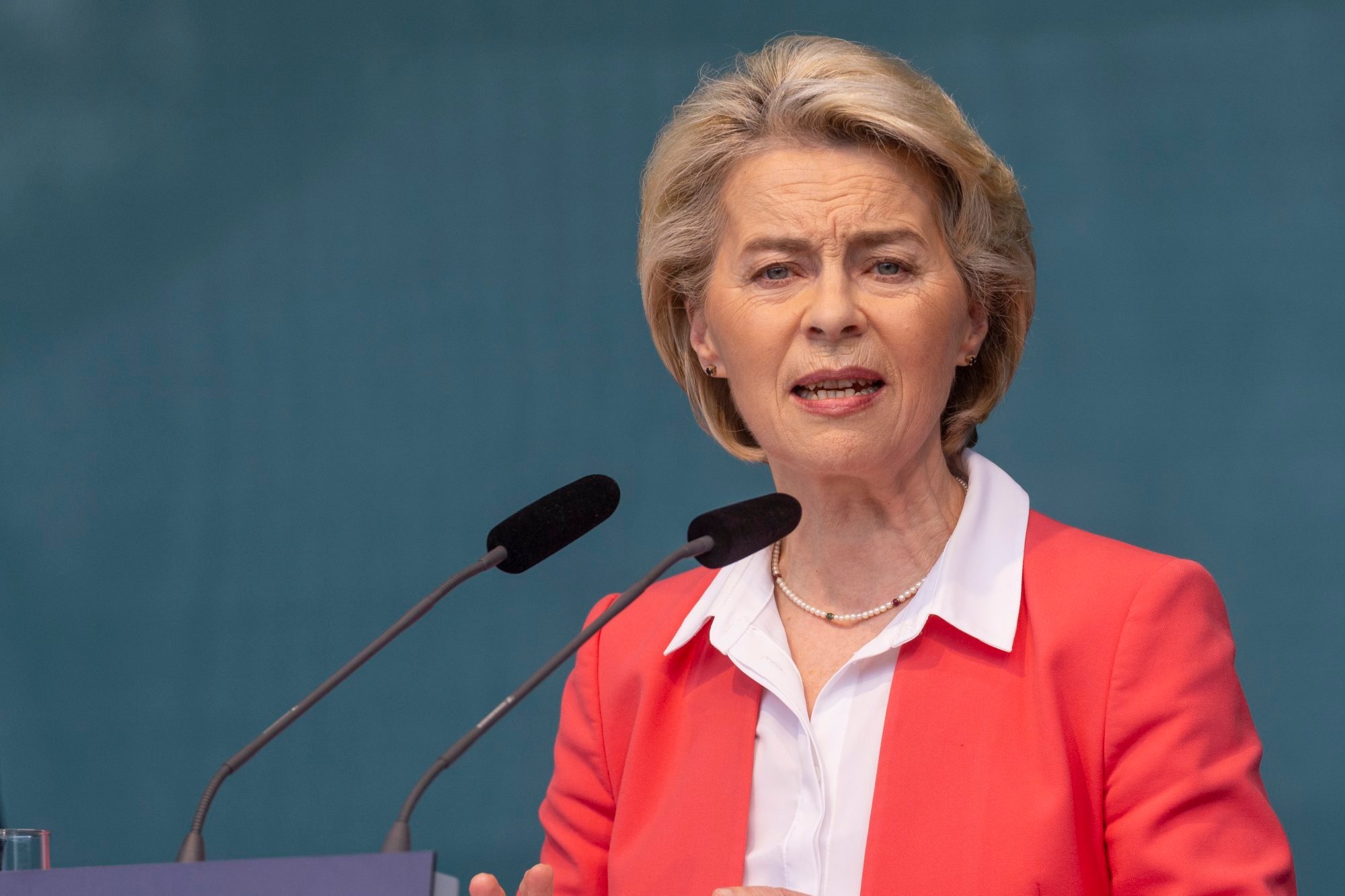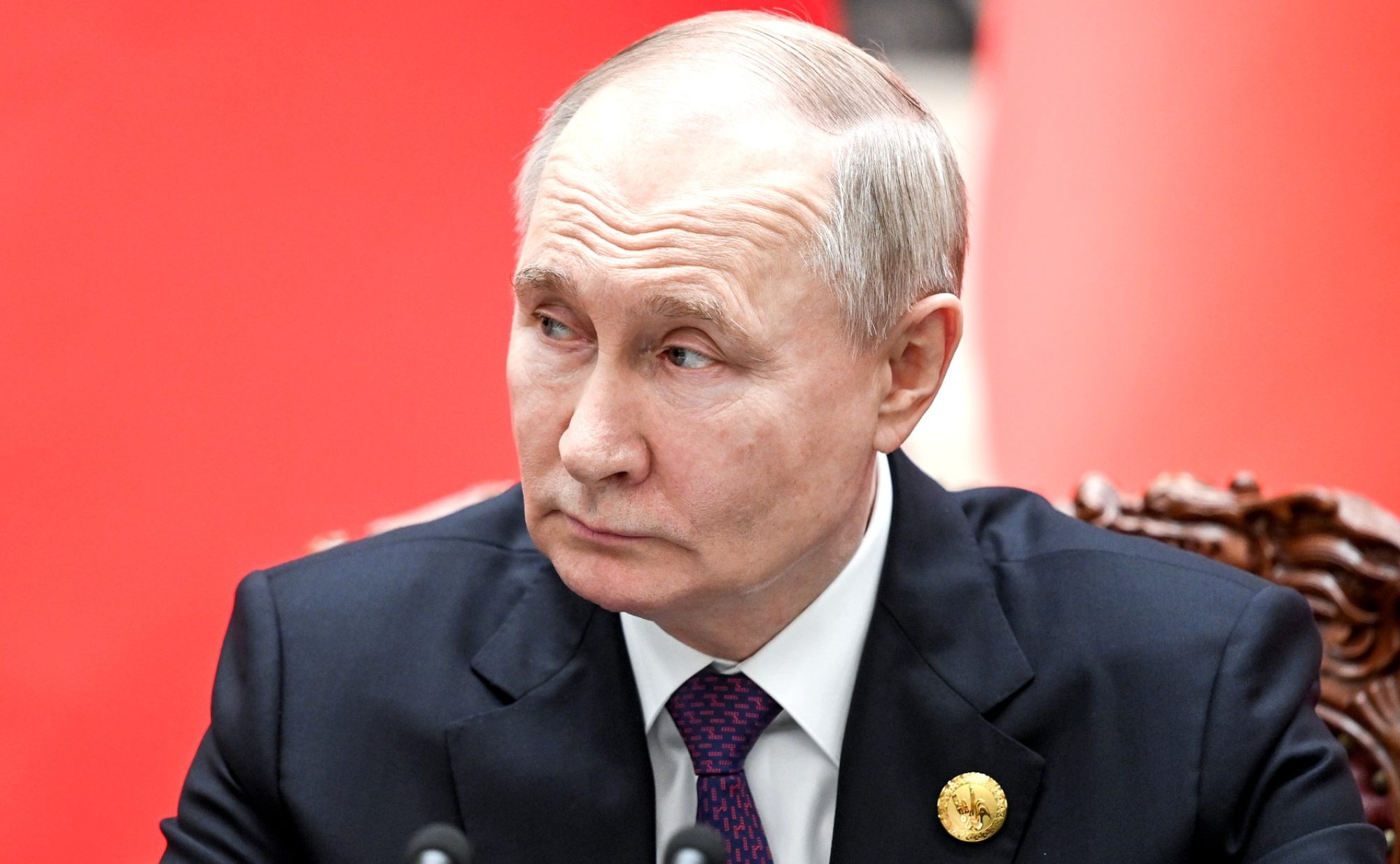
China and Brazil jointly urge Ukraine war de-escalation, propose ‘international peace conference’
- Development comes after Foreign Minister Wang Yi meets top Brazilian envoy and marks first such Beijing initiative since the armed conflict began
- Joint proposal includes measures addressing prisoner exchange, humanitarian aid and protection of civilians
Moscow and Kyiv have yet to respond to the Sino-Brazilian proposal.
Putin expressed “frustration to a small group of advisers over what he views as Western-backed attempts to pursue negotiations” with Ukraine, according to the reports.
The Sino-Brazilian proposal includes measures addressing the exchange of prisoners, permission to bring humanitarian aid into areas affected by the conflict and the protection of civilians, particularly women and children.
Last May, European Commission President Ursula von der Leyen opposed the China-backed proposal, saying she instead favoured a peace plan “that does not reward the aggressor”.
Von der Leyen argued then that “a ceasefire that leads to a frozen conflict will not bring lasting peace” and accused Russia of violating previous deals such as the Minsk agreements.
Those pacts called for a ceasefire and the withdrawal of heavy weapons from Donbas, a disputed region in eastern Ukraine that was annexed by Russia and is now occupied by it.

Months later, US Secretary of State Antony Blinken also criticised the China-backed proposal and said Washington expected the establishment of a peace process that would include mechanisms to “protect Ukraine from future aggression”.
“A ceasefire that simply freezes current lines in place and enables Putin to consolidate control over the territory he seized and then rest, rearm and reattack,” Blinken said at the time, “is not a just and lasting peace”.
Neither the US State Department nor the European Commission could immediately be reached for comment on the latest development from Beijing.
In their statement on Thursday, Brazil and China further condemned “attacks on nuclear-power plants and other peaceful nuclear facilities”.
The two stated their opposition to the use of “weapons of mass destruction, particularly nuclear weapons and chemical and biological weapons.” Throughout the Ukraine war, Putin has repeatedly threatened to deploy Russia’s nuclear arsenal.
On Friday, Chinese foreign ministry spokesman Wang Wenbin said Beijing’s “pressing priority is to cool down the situation and accumulate conditions for ceasefire”.
“Many developing countries, including China and Brazil, have called for upholding an objective and just position on the Ukraine crisis,” he added.
“All of us oppose fuelling the flames and hope to build up international consensus to find the most extensive common ground for restoring peace.”

Wang said China and Brazil welcomed more countries to “play a constructive role in de-escalating the situation and promoting talks for peace”.
But following a meeting last year between Lula and Ukrainian President Volodymyr Zelensky, Amorim told journalists he still hoped China would be involved in finding a solution to the war.
Not all observers were optimistic. Thiago de Aragao of the Centre for Strategic and International Studies, a Washington-based think tank, described the new joint proposal as “dead on arrival”.
The plan was unlikely to materialise because of Western distrust of China and Brazil’s intentions, de Aragao said. Beijing was trying to capitalise on Brasilia being one of its few global partners that “still has some credibility in the West, especially in Europe”.
Negotiations of this kind would be more productive if Washington and Beijing were directly involved, de Aragao said, calling them guarantors of the parties to the conflict.
“To move forward, the first thing the US would demand … is the immediate suspension of Chinese dual-use goods exports to Russia, something I don’t see China agreeing to.”

